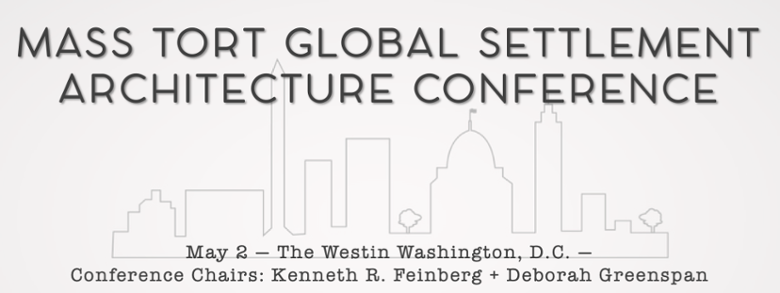
Stock image.
West Palm Beach, FL— R.J. Reynolds’ role in a vast conspiracy to hide the dangers of smoking helped hook a Florida man to cigarettes and ultimately caused his lung cancer death at 59, an attorney for the man’s family said last week as trial opened against the tobacco giant. Gafney-Hanners v. R.J. Reynolds, 2007-CA-020540.
“The cigarette companies said there’s no proof that cigarettes caused disease,” Searcy Denney’s James Gustafson told jurors last week, describing a tobacco industry public relations campaign that stretched through the latter half of the 20th century. “And the evidence will show that Frank Gafney believed that and repeated it.”
Gafney died in 1995 after smoking for more than 40 years. His family contends he died from lung cancer that metastasized to his brain, driven by an addiction to cigarettes.
In his opening statement last week, Gustafson highlighted tobacco industry documents that detailed Reynolds and other companies’ use of doctors and scientists to cast doubt on research showing smoking was dangerous.
Gustafson said Gafney was hooked on smoking but bought into false tobacco industry claims that filtered cigarettes were safer than their traditional alternatives. “They knew that smokers who were unable to quit smoking would switch to them, in an effort to try to do something that was better for them,” Gustafson said.
The case is one of thousands that stem from Engle v. Liggett Group Inc., a 1994 Florida state court class-action lawsuit against Reynolds and the nation's other tobacco companies, in which jurors found for the plaintiffs. The state's supreme court later decertified the class, but ruled Engle progeny cases may be tried individually. Plaintiffs are entitled to the benefit of the jury's findings in the original verdict, including the determination that tobacco companies placed a dangerous, addictive product on the market and hid the dangers of smoking.
Reynolds argues that Gafney did not die of lung cancer and argues that he willingly choose to smoke despite knowing its dangers for decades.
During last week’s openings, King & Spalding’s Randall Bassett told jurors Gafney’s stepfather suffered from smoking-related emphysema, while Gafney’s family warned him repeatedly about the dangers of smoking. “Mr. Gafney was making his own decisions about smoking and had the information…[sufficient] to quit,” Bassett said.
Bassett said Gafney actually quit cold turkey for a full year so that he could receive lower premiums on a life insurance plan, and chose to return to cigarettes after he met the plan’s requirements. Rather than being a nicotine addict, Bassett said, Gafney was a willing smoker who enjoyed cigarettes. “Over the years you’ll learn that Mr. Gafney simply chose to continue smoking and did not want to quit,” Bassett said.
Trial is expected to last into next week.
Email Arlin Crisco at acrisco@cvn.com.
Related Information
Kathleen Hanners is represented by Searcy Denney’s James Gustafson and David Sales.
R.J. Reynolds is represented by King & Spalding’s Randall Bassett.
Watch the trial live and on demand.
Not a subscriber?
Learn how you can access the biggest trials across the country.





